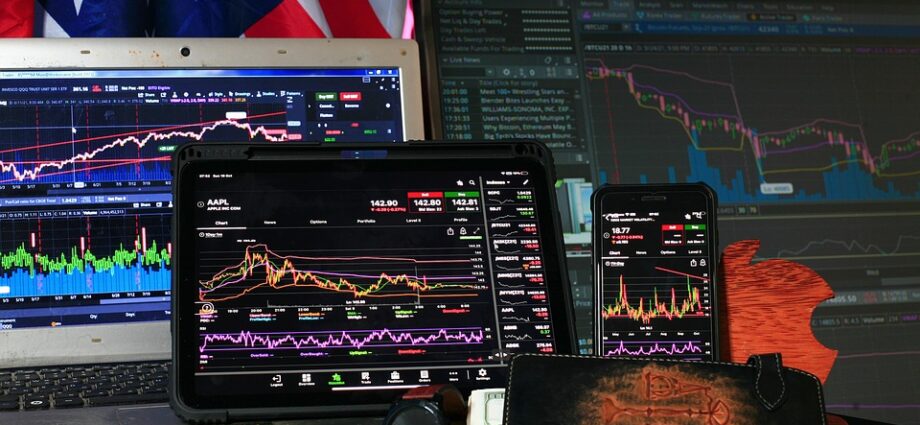Understanding Stock Market Hours: Does the Market Ever Close?
The stock market is a dynamic environment that plays a crucial role in the global economy. Investors, traders, and financial analysts closely monitor market activity to make informed decisions. However, many people often wonder about the operational hours of the stock market and whether it ever truly closes. In this article, we will explore the standard trading hours, after-hours trading, and the implications of market closures.
Standard Trading Hours
In the United States, the primary stock exchanges—the New York Stock Exchange (NYSE) and the Nasdaq—typically operate from 9:30 AM to 4:00 PM Eastern Time, Monday through Friday. These hours form the foundation of regular trading sessions, during which the majority of stock transactions occur. During this period, investors can buy and sell shares of publicly traded companies, and prices fluctuate based on supply and demand dynamics.
Pre-Market and After-Hours Trading
While the standard trading hours are essential, they are not the only times when trading occurs. Both the NYSE and Nasdaq offer pre-market and after-hours trading sessions, allowing investors to trade stocks outside of regular hours.
Pre-market trading generally occurs from 4:00 AM to 9:30 AM Eastern Time, while after-hours trading runs from 4:00 PM to 8:00 PM Eastern Time. These sessions provide opportunities for traders to react to news, earnings reports, and other significant events that may impact stock prices when the market is closed. However, it is important to note that trading volume during these periods is usually lower, which can lead to higher volatility and wider bid-ask spreads.
Market Holidays and Closures
Aside from daily trading hours, the stock market observes several holidays throughout the year when it remains closed. Major holidays, such as New Year’s Day, Independence Day, Thanksgiving, and Christmas, typically see the market shut down. In addition to these full closures, the market may also close early on certain days, such as the day before Independence Day or Christmas Eve.
Investors should be aware of these closures, as they can affect trading strategies and market liquidity. Furthermore, major geopolitical events or natural disasters can also lead to unexpected market closures, although such instances are rare.
The Importance of Understanding Market Hours
Understanding stock market hours is essential for both novice and seasoned investors. Knowledge of when the market is open allows traders to plan their strategies effectively and position themselves to capitalize on market movements. Additionally, awareness of after-hours trading can help traders react promptly to important news and announcements.
However, it is crucial to approach after-hours trading with caution. The lower trading volume can result in increased volatility, and not all stocks are available for trading during these sessions. Therefore, investors should familiarize themselves with the risks and limitations associated with trading outside regular hours.
Conclusion
In summary, the stock market does have specific hours during which it operates, and it does close on holidays and certain occasions. However, with pre-market and after-hours trading options, investors have opportunities to engage with the market beyond the conventional sessions. Understanding these hours is vital for navigating the complexities of stock trading and making informed investment decisions. As always, conducting thorough research and staying informed is key to successful trading in any market environment.
